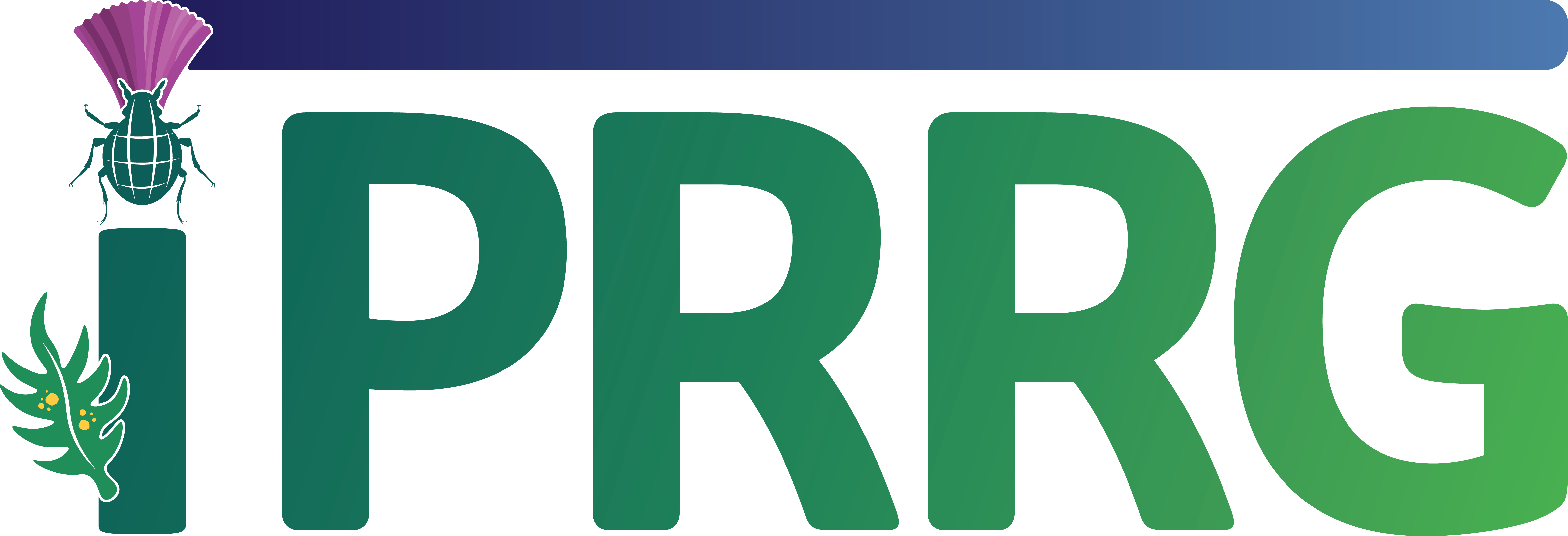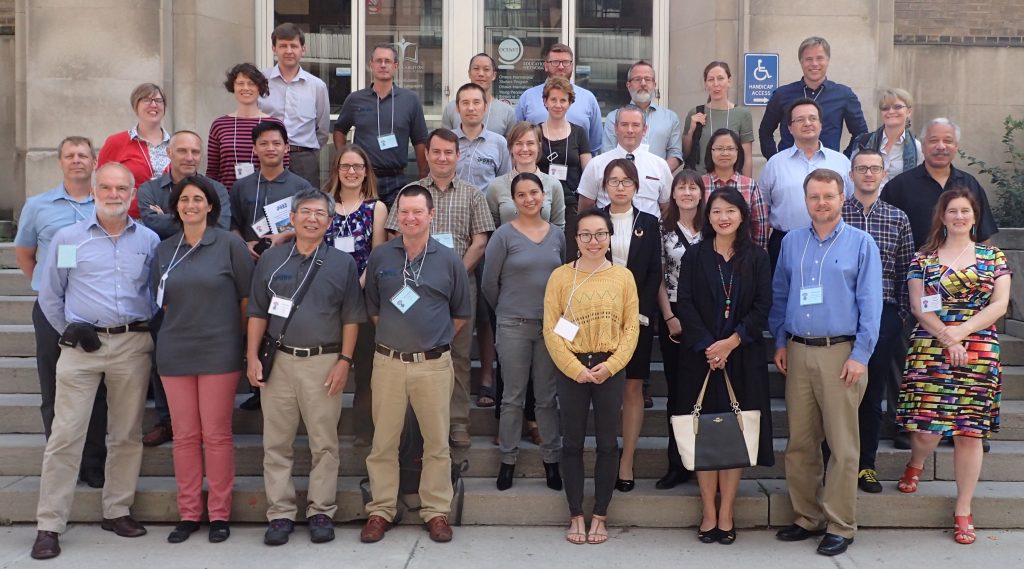International Pest Risk Research Group (IPRRG) 11th Annual Meeting
Predictability and Uncertainty in Pest Risk Analysis
Ottawa, Canada (hosted by the Canadian Food Inspection Agency)
29 August – 1 September 2017
53 participants from 13 countries!
Congratulations to our medal winners!
Best Presentation: Erica Kistner
Best Poster: Amy Morey
Best Student Presentation: Jenny Liu
Day 1 – Tuesday 29 August
Day 2 – Wednesday 30 August
Day 3 – Thursday 31 August
| Presenter | Title | Affiliation |
| Melanie Newfield | Wading through rivers of information: detecting and managing emerging risks to plant health | New Zealand Ministry for Primary Industries |
| Godshen Pallipparambil | Objective Prioritization of Exotic Pests (OPEP): developing a framework for ranking exotic plant pests | Center for Integrated Pest Management (CIPM), North Carolina State University, USA |
| Erica Kistner | Climate change impacts on the invasive brown marmorated stink bug | USDA Midwest Climate Hub |
| Senait Senay and Richard Baker | Project Stinky: establishment team update | InSTePP, University of Minnesota, USA and Defra, UK |
| Darren Kriticos | Project Stinky: impact team update | DEFRA, UK |
| Jason Pollard | Emerald ash borer: lessons learned in Ottawa | City of Ottawa Forestry Services |
Day 4 – Friday 1 September
| Presenter | Title | Affiliation |
| Glyn Jones | A generic decision tool for assessing response options to tree pests in the UK | Fera, UK |
| Godshen Pallipparambil | Facilitating trade by improving data quality in globally consulted pest information resources | CIPM, North Carolina State University, USA |
| Neil Audsley, Glyn Jones and Alan MacLeod | The risk analyst, the entomologist and the economist: a North American road trip to inform UK plant health research | Fera (Audsley and Jones) and Defra (MacLeod), UK |
Posters
(Poster presenters had the option of making their posters available online after the conclusion of the meeting.)
| Presenter | Title | Affiliation |
| Salla Hannunen | Exploring the cost-effectiveness of plant health surveys | Finnish Food Safety Authority, Evira |
| Ana Samayoa | Temperature effect on the duration of the development of Bactrocera dorsalis (Diptera: Tephritidae) | National Chung Hsing University, Taiwan |
| Muriel Suffert | Identification of pests likely to be imported with fruit to Europe | European and Mediterranean Plant Protection Organisation (EPPO) |


